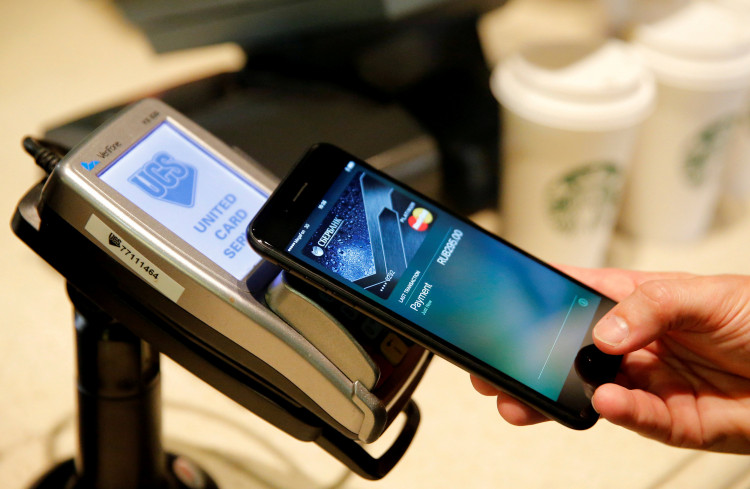Following multiple reports that small businesses are becoming huge targets for hackers, the Global Cyber Alliance launched a cybersecurity tool kit that aims to help entrepreneurs protect their business data and models.
According to WKYC 3 News, the hackers have recently been targeting small businesses after they successfully hacked into some of the world's biggest corporations such as FedEx and a number of Russian government offices.
In 2017, a global cyber attack made its way into some Chinese universities and big Russian banks. At least 150 entities and companies reported that they were affected by the "Wanna Cry" virus that infected databases.
Over the past two years, small businesses reported hacking attacks with some unable to handle the software infections that also extended to customers. One of such small companies is James Ullery's digital sign firm.
Ullery told the TV station that the company's computers were affected by Ransomware, a type of software virus that threatens an owner to pay a certain amount of Bitcoin currency before computer files are freed from the digital virus.
Like many small business owners, Ullery gave in to the threat and paid the hackers so he can get the company's files back. "$500 we felt was far less expensive than the inconvenience of losing your data," he pointed out.
To help resolve hacking issues in the small business sector, MasterCard partnered with the Global Cyber Alliance to come up with a cybersecurity tool kit. The kit is free of charge and aims to help startups and small businesses protect their data including customer information, payment details, and more.
"For a lot of small businesses, the cost of securing things might be prohibitive to them. They don't have a team of people monitoring their systems. Even though they're free, we raise the security level of your company," Chief Information Security Officer of MasterCard, Ron Green, said.
Founder and CEO of cybersecurity firm KnowBe4, Stu Sjouwerman warned that hacking will continue as the years pass. He stressed the importance of downloading applications and making use of kits that help prevent phishing scams and Ransomware from infecting databases.
Green echoed these statements by adding that small business owners should have adequate security tools to keep customer and company data from what could be a business model among hackers who make money from viruses and cyber attacks.
In a recent forum, corporate experts Judith Pinto of Promontory Financial Group, Andy Ozment of Goldman Sachs, and Steve Grobman of McAfee discussed some of the most effect cybersecurity practices that small business owners should consider.
According to a Financial Executives International report in December, the panelists suggested three major steps in ensuring a corporate entity's protection from cyber crimes: organization, risk assessment, and internal auditing.
The panelists noted that small businesses can try establishing an independent cybersecurity team that tracks incidents relating to cyber attacks. They also recommended that owners and cybersecurity teams should prioritize protecting vulnerable systems that the company uses for digital transactions.




